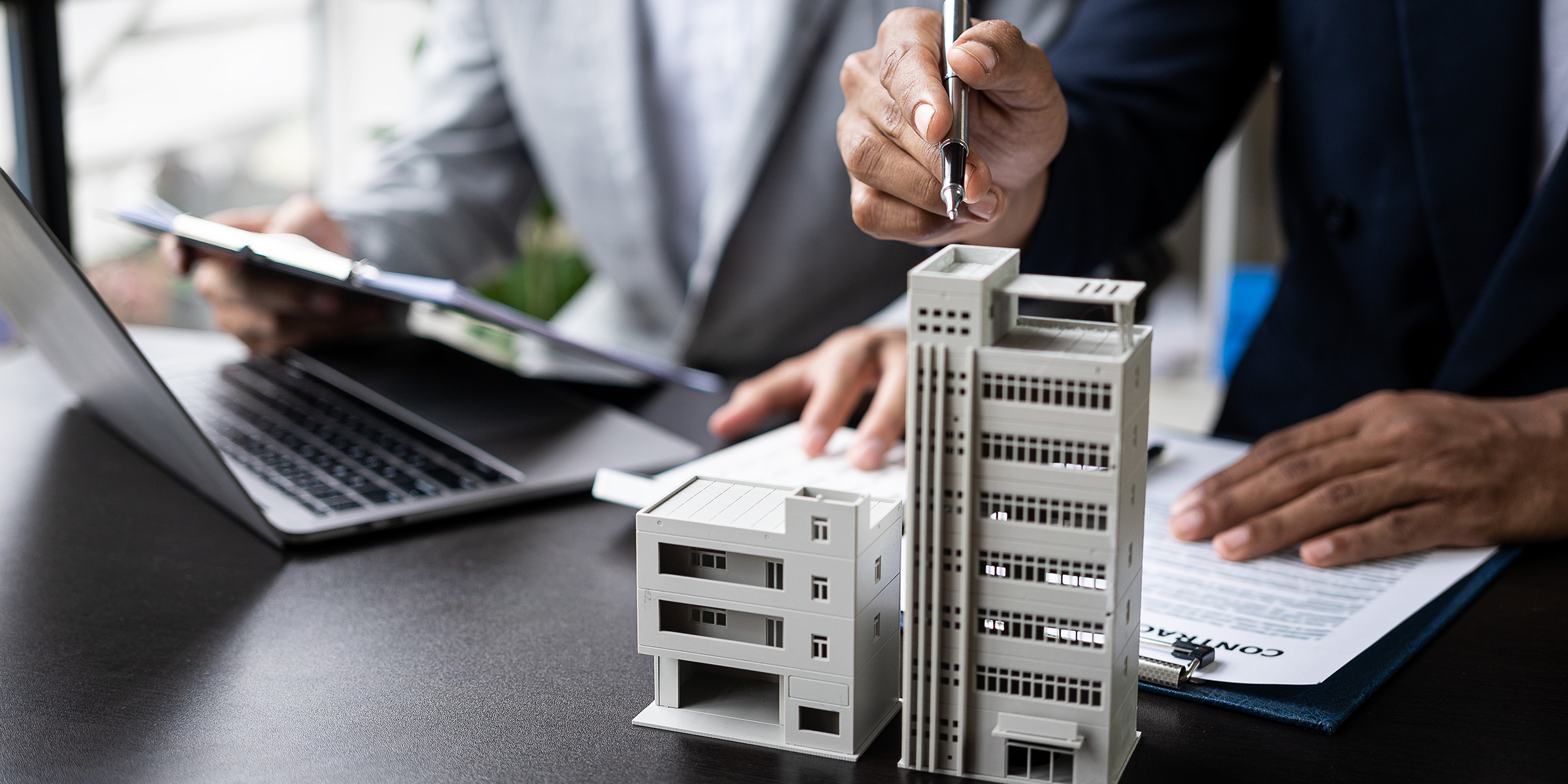What you need to bring to the table as an investor
If you are considering a property for investment, you should think long and hard about whether you are in a position to invest and what it means for your future.
These are the key questions:
- Do you have the required equity of at least 25 percent of the collateral value (the lower of either the purchase price or the market value)? Remember: money from pillars 2 and 3a cannot be used to purchase investment properties.
- Are you in a position to reduce the mortgage required to two thirds of the collateral value in the space of ten years?
- Does your expected rental income guarantee affordability?
- Will you still have enough liquid assets to live on after purchasing the property?
- Are you aware of the cluster risk if you invest the majority of your assets in a property?
- Investment properties are generally not quick earners. Are you aware of the very long-term capital commitment involved?
- Are you willing and able to bear the risks as a landlord, e.g. rental loss because the property is empty, unforeseen repair work or a sale made at a lower price?
- Are you aware of the major costs and time involved in managing, renting out and maintaining the property, plus running costs?


